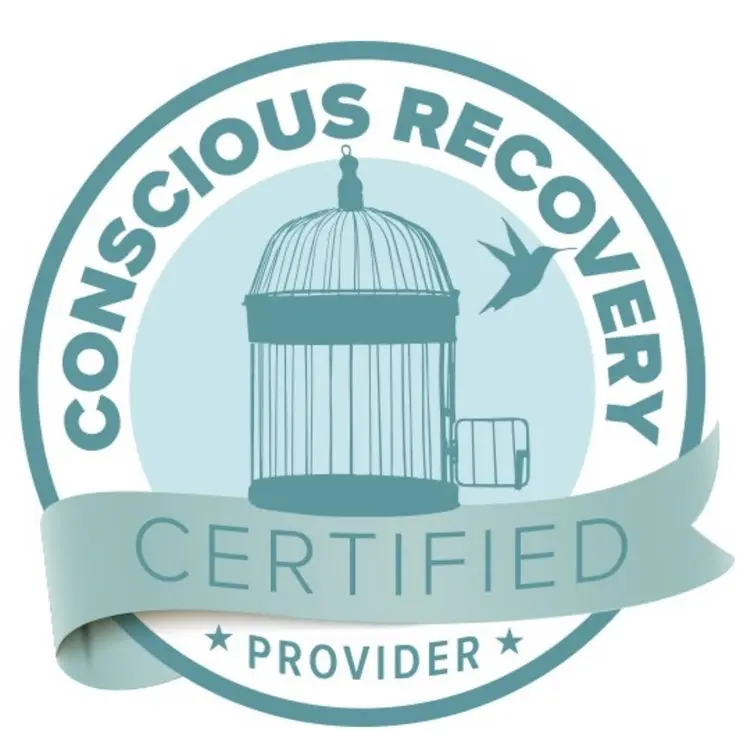The holistic approach to substance abuse treatment recognizes that addiction affects not only the physical aspect but also the mental, emotional, and spiritual well-being of an individual. It emphasizes the importance of treating the whole person rather than just focusing on the addiction itself. Here are key components of the holistic approach to substance abuse treatment:
Comprehensive Assessment: A thorough evaluation is conducted to assess not only the substance abuse but also the underlying factors contributing to addiction, such as mental health issues, trauma, or social environment. This helps in developing an individualized treatment plan.
Integrated Treatment: Holistic treatment incorporates a range of evidence-based therapies and modalities to address various aspects of addiction. This can include behavioral therapies, counseling, psychotherapy, mindfulness practices, and complementary therapies like yoga, meditation, art therapy, or acupuncture. The aim is to provide a well-rounded treatment approach that addresses the physical, psychological, and emotional aspects of addiction.
Mind-Body Connection: Recognizing the connection between the mind and body, the holistic approach emphasizes the importance of physical well-being in addiction recovery. This can involve promoting regular exercise, proper nutrition, and healthy sleep patterns. Physical activities and practices can help reduce stress, improve mood, and support overall wellness.
Emotional and Mental Health Support: Holistic treatment acknowledges the impact of emotional and mental health issues on addiction. Therapy sessions, including individual and group therapy, can help individuals explore and address underlying emotional issues, develop healthy coping mechanisms, and build resilience. This may involve techniques like cognitive-behavioral therapy (CBT), dialectical behavior therapy (DBT), or trauma-focused therapy.
Spiritual and Meaningful Connection: The holistic approach recognizes the significance of spiritual well-being and the need for a sense of purpose in recovery. This can involve exploring one’s values, engaging in mindfulness practices, connecting with nature, or participating in activities that bring joy and meaning to life. It encourages individuals to find their own spiritual path or connect with a higher power if it aligns with their beliefs.
Supportive Environment: Creating a supportive and nurturing environment is essential for holistic treatment. This includes providing a safe space for individuals to express themselves, fostering a sense of community and belonging, and involving family members or loved ones in the recovery process. Peer support groups and aftercare planning can also play a significant role in maintaining long-term recovery.
The holistic approach recognizes that each individual is unique, and treatment should address their specific needs, strengths, and challenges. It aims to empower individuals to achieve holistic wellness, improve their overall quality of life, and sustain long-term recovery.



